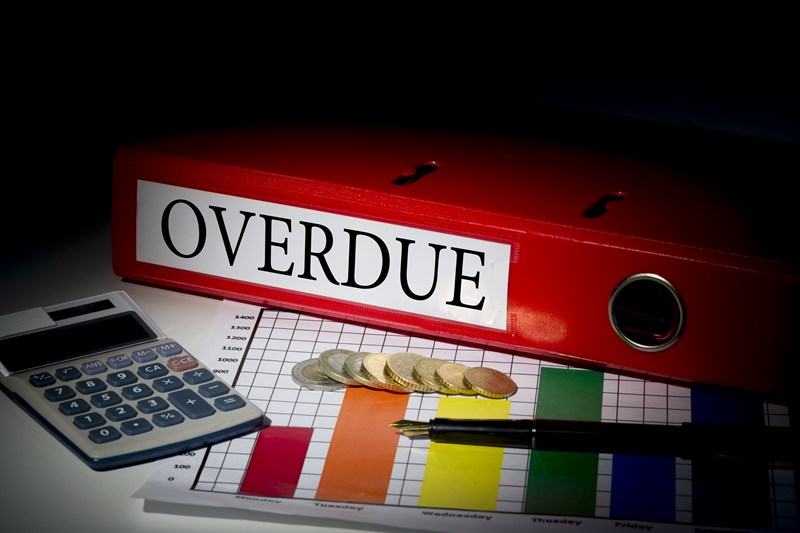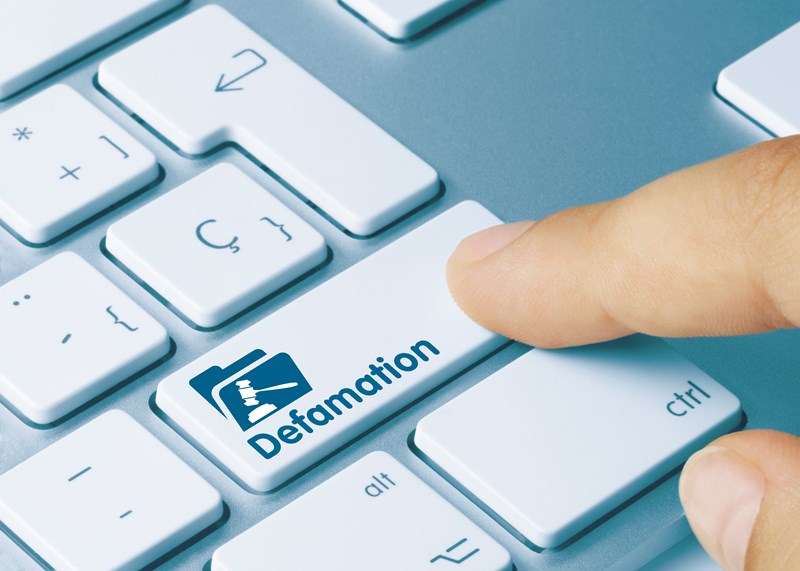New Zealand’s growing living costs, rising interest rates and declining business confidence means business are likely to experience an increase in their debtors in the coming months. Given the choice between paying a mortgage or rent and paying an outstanding invoice for services/goods already received, those struggling financially will likely chose to keep a ‘roof over their head’ rather than pay an invoice for something they already have.
So, if your are in business and your are owed money, what can you do?
Act fast.
Generally, if a customer has the money to pay your invoice – and has no issue with the service provided or the invoiced amount – they will pay your invoice when due. Failure to pay without any communication from your customer is a warning sign.
As soon as an invoice becomes overdue, contact your customer. While sending overdue invoice reminders or statements may be what your accounts system automatically does, these are easy to ignore. Direct contact is not.
In the first instance we recommend making a phone call to your customer and talking to them about the invoice, noting it has not been paid, and requesting payment. It may be during this phone call that the customer raises any issues they have with the invoice or service provided. You should discuss any issues with the customer and agree to a resolution (if appropriate). Follow the phone call up with an email recording what you discussed and that you expect payment of your invoice.
If, after any issues have been resolved, the invoice remains outstanding, it is time get a little more forceful. If you have provided your customer with specific Terms and Conditions (Terms) you should reiterate to your customer their rights and obligations under those Terms. For example:
- If your Terms provide for you to charge the customer interest on the outstanding invoice, start doing so (you can always agree to write off any interest accrued at a later date if payment is received). Put your customer on notice that interest is accruing on the outstanding invoice, specify the rate and make it clear that interest will continue to accrue until payment is received in full.
- Your Terms may also give you a contractual right to recover from the customer any debt collection agency fees and/or solicitor-client costs (commonly referred to as indemnity costs) incurred in recovering, or attempting to recover, an outstanding invoice. If so, make this clear to the customer and advise that if payment is not forthcoming you will refer the matter to your solicitors, the costs of which will be sought to be recovered from the customer.
Make it clear to your customer that if they attend to payment now, it will save them costs in the long term.
If you have made contact with the customer and payment remains outstanding, it is time to contact us.
Past experience shows that a letter from a solicitor is an effective tool in getting your debtors to either pay the invoice or engage with you, or us, to arrange payment terms.
When a debt recovery matter is referred to us the first step we take is to write a “letter of demand” to your customer.
In this letter we advise the customer that we act for you, we briefly set out the background to the matter, the goods/services provided, the invoice(s) issued and any discussions or correspondence you may have had with the customer around payment of the invoice.
We then state the contractual arrangements and/or statutory obligations between you and the customer, including any default interest and indemnity costs provisions.
It is important that the letter of demand is accurate and thorough as it can be relied on by you to evidence your adherence to due process, and reasonableness, in the event Court proceedings are issued.
The letter of demand will request payment in full or request that the customer contact us to discuss a payment arrangement if payment cannot be made in one lump sum. (The terms of any payment arrangement will first be discussed with you and, once agreed, recorded in writing.) A date for payment, or a payment proposal, is specified, usually within 10 workings days of the date of the letter. We put your customer on notice that if payment is not received or an acceptable payment arrangement entered into by the specified date, Court proceedings could be issued against them without further notice. We take care to ensure your rights and position are reserved in full.
Dependent on the reason for your customer failing to pay your invoice, a letter of demand from us will often, but not always, compel the customer to stop ignoring your invoice (or paying others in preference) and make payment. On receipt of a letter of demand, a customer experiencing genuine, short-term, financial issues will likely contact us, or you, to discuss a payment arrangement.
Time to consider Court proceedings?
If our letter of demand does not result in payment or a response from your customer, and depending on the sum outstanding, the next step we recommend is to issue Court proceedings. Before issuing Court proceedings, we always consider the feasibility of doing so, balanced with the likelihood of recovery from your customer.
If your customer has disputed the invoice and/or the services provided, and the debt is $30,000 or less, you can refer the matter to the Disputes Tribunal for determination. Generally, (except for specific exceptions) parties are not entitled to be legally represented at a Disputes Tribunal hearing, unless it appears to the Disputes Tribunal to be proper in all the circumstances to allow legal representation, and such representation is approved by the Disputes Tribunal. Even though we may not be able to represent you in the Disputes Tribunal, we can assist you in preparing your claim. However, any legal costs incurred by you in relation to a Disputes Tribunal claim are not recoverable by way of a costs award. The Disputes Tribunal does not have jurisdiction to award costs, other than in exceptional circumstances.
If the debt is under $350,000 then the District Court is likely the appropriate jurisdiction in which to issue proceedings. If the quantum is higher, or there are more complex contractual or property matters involved, the proceedings should be issued in the High Court.
Being served with Court proceedings may be what is required to get your customer to engage in payment discussions or settlement negotiations. If the customer ignores the Court proceedings, and judgment is entered in your favour by default, then you will have a Court order on which to rely to take further enforcement steps, if you so choose. We can help with enforcement action if the matter comes to this.
What now?
Being owed money, no matter what the sum, is stressful in itself without having to incur legal fees to recover what is due to you. That is why we always approach debt recovery matters with pragmatism and efficiency. We do not want you to have to “throw good money after bad” so we do our best to streamline the process with the first step always being a letter of demand.
If you have outstanding invoices that need addressing, or you would like to discuss your debt recovery and enforcement options, contact us. If you do not currently have Terms and Conditions, we can help you with those too.







